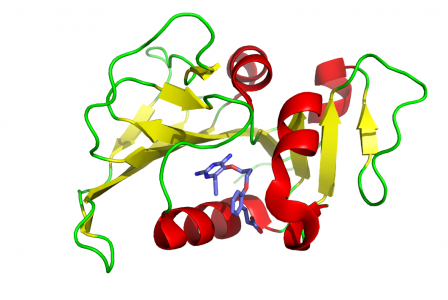Geekwire: University of Washington Initiative Awarded $9.3M to Fight Deadly Malaria Strains in India
By Clare McGrane
Viruses and parasites are constantly changing. That’s the reason last year’s flu shot isn’t as effective against this year’s flu — the virus has evolved to resist it.
The same is true for malaria, but unlike the flu, malaria is one of the most deadly parasites in the world, and it’s becoming resistant to the lifesaving drugs that can cure it.
